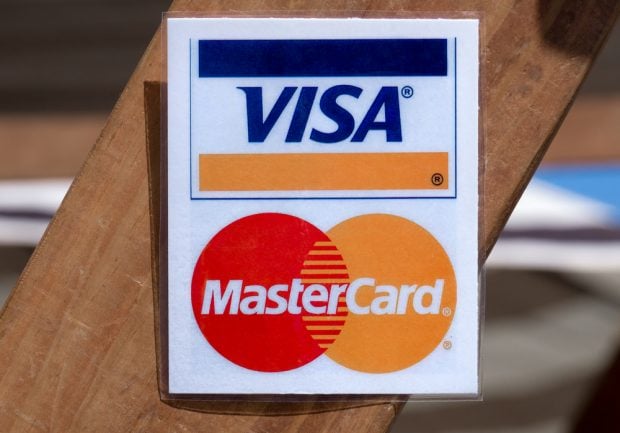WASHINGTON — The staff of the Federal Reserve failed when they did not thoroughly analyze the impact of a proposed regulation on the debit interchange cap on consumers and the economy at large, according to a leading economist.
|Richard Schmalensee, a longtime economist at the Massachusetts Institute of Technology and a former member of the President's Council of Economic Advisers in the Clinton Administration, told attendees at a Payments.com interchange conference that it is "fairly easy" to use basic economics to determine the impacts of a debit interchange cap on consumers or the economy as a whole and hinted that the Federal Reserve's staff should have done more of that analysis.
|Schmalensee walked the attendees through what he called a basic economic analysis of the debit interchange cap impacts, contending that the economics and economic histories suggest that banks will pass the loss of income from debit cards fairly quickly through to consumers, since it is both a big hit to their income and they are in a particularly competitive industry. The economics suggest, by contrast, that merchants will not pass through their interchange savings quickly and fully. Some merchants, particularly those with very competitive products or product areas like movie theaters, supermarkets and some other areas may pass the savings on, but not all and not all the way, he argued. The economic consequences, he told the meeting, are not hidden or impossible to understand.
Complete your profile to continue reading and get FREE access to CUTimes.com, part of your ALM digital membership.
Your access to unlimited CUTimes.com content isn’t changing.
Once you are an ALM digital member, you’ll receive:
- Critical CUTimes.com information including comprehensive product and service provider listings via the Marketplace Directory, CU Careers, resources from industry leaders, webcasts, and breaking news, analysis and more with our informative Newsletters.
- Exclusive discounts on ALM and CU Times events.
- Access to other award-winning ALM websites including Law.com and GlobeSt.com.
Already have an account? Sign In
© 2024 ALM Global, LLC, All Rights Reserved. Request academic re-use from www.copyright.com. All other uses, submit a request to [email protected]. For more information visit Asset & Logo Licensing.









